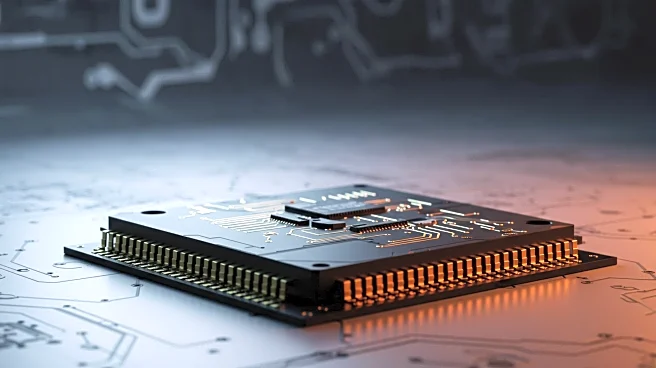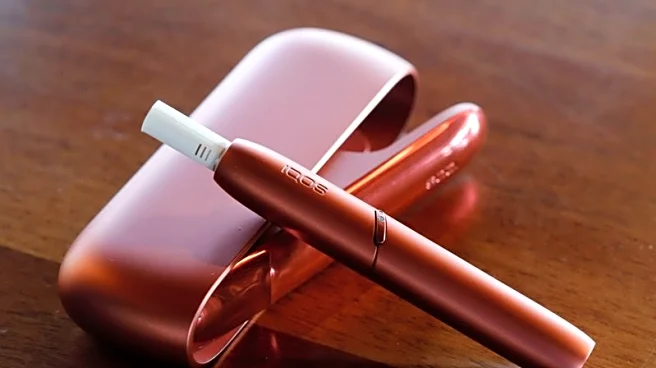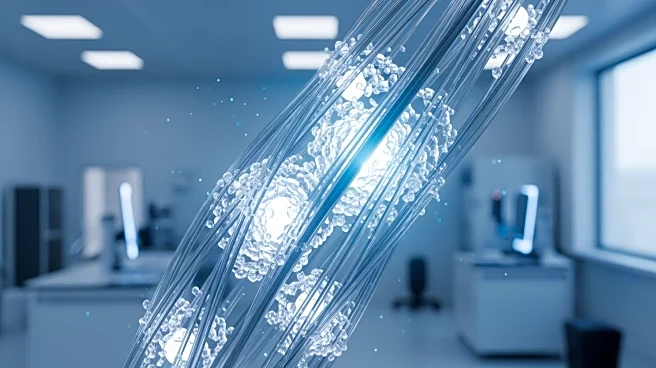What is the story about?
What's Happening?
President Trump has announced a new deal with Nvidia, allowing the company to sell its H20 chips to China in exchange for a 15% share of the revenues. This marks a reversal from earlier this year when the Trump administration banned all H20 sales to China. The decision followed a meeting with Nvidia CEO Jensen Huang, who argued that selling H20 chips to China does not pose a risk to U.S. national security. The H20 chip was introduced after the U.S. government banned Nvidia from selling a more powerful chip, the H800, to China.
Why It's Important?
This decision is significant as it reflects the influence of corporate lobbying on U.S. trade policy and highlights the ongoing debate over national security versus economic interests. Allowing the sale of H20 chips to China could provide Nvidia with financial benefits but raises concerns about the potential impact on U.S. national security. The move also underscores the challenges faced by the U.S. in maintaining technological leadership while navigating complex trade relations with China.
Beyond the Headlines
The decision to allow H20 chip sales to China may have broader implications for U.S. trade policy and the tech industry. It could set a precedent for similar arrangements with other companies, potentially affecting U.S. efforts to restrict China's access to advanced technology. The deal also highlights the role of corporate influence in shaping government policy, raising questions about the balance between economic interests and national security.















